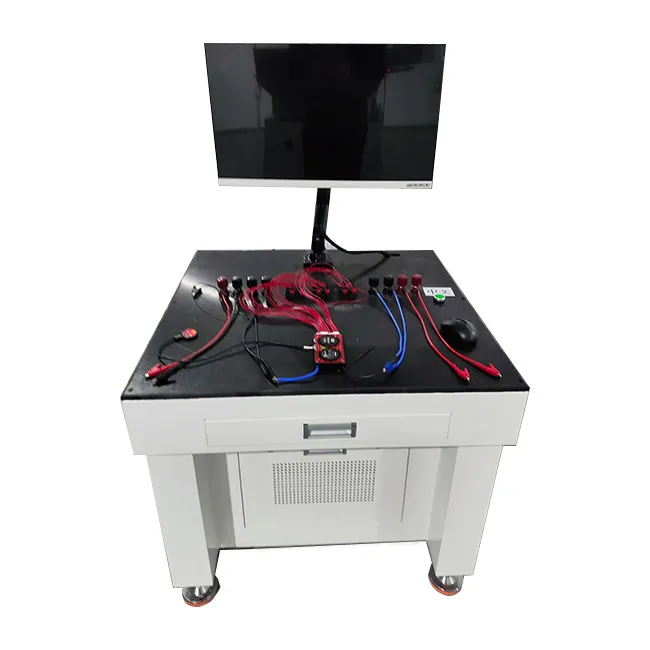In the modern world of battery production, ensuring the safety, reliability, and longevity of each battery is critical. A key component in ensuring battery safety is the Battery Management System (BMS), which protects batteries from various operational hazards like overcharging, short-circuiting, and thermal runaway. To validate the functionality of these protective systems, manufacturers rely on BMS Testers. In this article, we’ll explore how these testers work and why they are essential for battery safety.

1. What is a Battery Management System (BMS)?
A Battery Management System (BMS) is an integral component of battery packs, responsible for monitoring and managing the performance and safety of individual cells within the battery. The BMS prevents cells from being overcharged, over-discharged, or exposed to dangerous temperatures, significantly reducing the risk of failure and safety issues.
2. Role of BMS Testers in Battery Safety
BMS testers are specialized devices used to validate the functions of a battery’s management system. By simulating various conditions, these testers evaluate whether the BMS can correctly handle potential issues like overcharge, short circuits, and temperature fluctuations. Here’s how BMS testers contribute to battery safety:
3. Overcharge and Overdischarge Protection Testing
A primary function of the BMS is to ensure that the battery cells do not exceed safe voltage levels, preventing overcharging and over-discharging. Both conditions can lead to irreversible damage or even hazardous failures. BMS testers simulate charging and discharging scenarios to confirm that the system cuts off charging when the voltage reaches the set limits, ensuring that the battery remains within safe parameters.
4. Short Circuit Protection Testing
Short circuits in battery systems can lead to severe issues like overheating or fires. BMS testers verify the short-circuit protection feature of the BMS, ensuring that the system quickly detects and disconnects the battery in the event of a short circuit. This critical safety measure prevents catastrophic failures, particularly in high-demand applications like electric vehicles (EVs) and renewable energy storage systems.
5. Temperature Control and Thermal Runaway Prevention
Temperature regulation is vital for safe battery operation. If the temperature gets too high, it can cause thermal runaway, which can be dangerous. BMS testers check that the BMS effectively monitors battery temperatures and activates safety shutdowns if temperatures exceed safe limits. This proactive feature reduces the risk of heat-related failures and ensures the safety of both the battery and its users.
6. Cell Balancing and Equalization Testing
A balanced battery pack ensures optimal performance and longevity. The BMS manages cell balancing to ensure all cells charge and discharge evenly. BMS testers simulate different charging cycles to verify that the BMS is correctly balancing the cells, preventing issues like overvoltage on individual cells and ensuring the entire battery pack operates efficiently.
7. Real-time Monitoring and Data Logging
Modern BMS testers offer real-time monitoring and comprehensive data logging. This allows manufacturers to track the performance of the BMS throughout the testing process. Data reports can help identify any issues or areas for improvement in the battery’s management system before the battery is used in real-world applications.
8. Why Choose SUNKA LEAD’s BMS Testers?
SUNKA LEAD provides advanced BMS testers designed to meet the highest industry standards. Our testers ensure the complete functionality of battery management systems, enabling manufacturers to guarantee the safety and reliability of their battery packs. With features like automated testing, real-time monitoring, and detailed data reporting, SUNKA LEAD’s BMS testers help enhance the safety and performance of your batteries.
Conclusion: Ensuring Battery Safety with BMS Testers
BMS testers are an essential tool in ensuring the safety, performance, and longevity of battery packs. By simulating real-world conditions and testing critical safety functions such as overcharge protection, short-circuit prevention, temperature regulation, and cell balancing, these testers help identify and mitigate potential risks. SUNKA LEAD’s BMS testers provide reliable and efficient solutions to ensure your batteries meet the highest safety standards.
Contact us today to learn more about how our BMS testers can improve your battery production process and ensure the highest level of safety for your battery packs.



